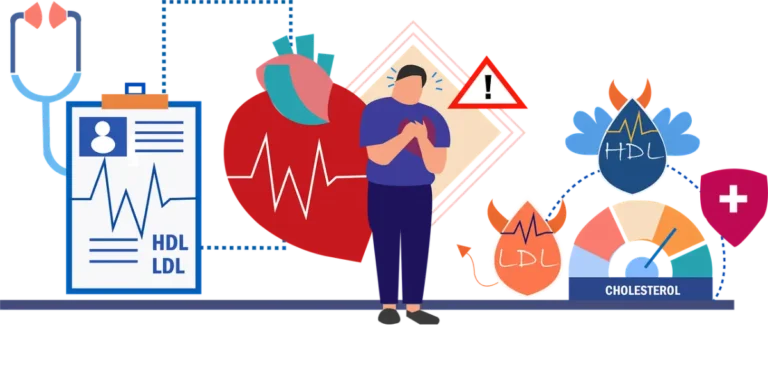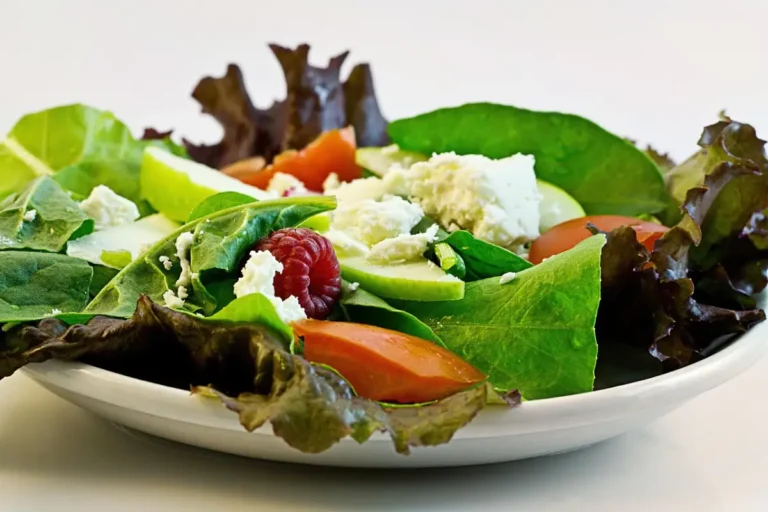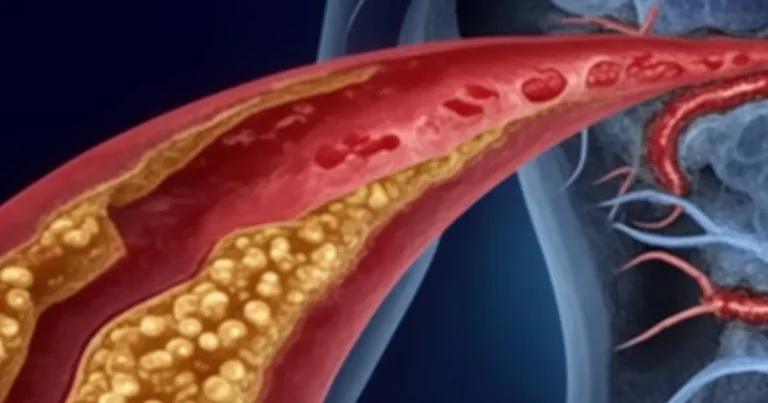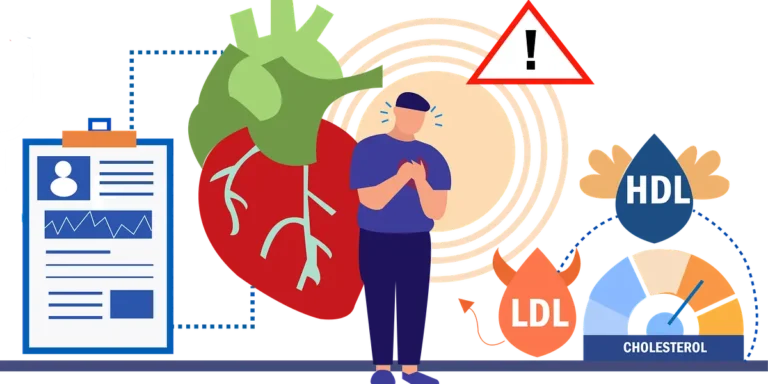What is the difference between HDL and LDL
Understand HDL vs LDL cholesterol and learn how diet, exercise, and lifestyle choices influence heart disease risk.
The answers to some cholesterol questions

Understand HDL vs LDL cholesterol and learn how diet, exercise, and lifestyle choices influence heart disease risk.

The most powerful way to lower your cholesterol and protect your arteries is through intentional, heart-smart food choices. Here’s how to get started.

Age Group Risk Level Recommended Testing Frequency 20–39 years Low risk (no major risk factors) Every 5 years Moderate/high risk (family history, diabetes, etc.) Every 1–3 years Known heart disease or very high cholesterol At least annually Men 40–64 years Low risk Every 5 years Moderate/high risk (smoking, hypertension, etc.) Every 1–3 years Known heart…
When Should You Check Your Cholesterol? Know Your Risk. If you’re a man age 35 or older or a woman age 45 or older, it’s time to start having your cholesterol checked regularly. Why? Because cholesterol levels—and the plaque they can create—often creep up silently, long before symptoms appear. Depending on your numbers and your…

Here’s a 7-day heart-healthy meal planner based on the food-first strategy for reducing plaque and supporting healthy arteries. Each day includes plenty of soluble fiber, unsaturated fats, antioxidants, and plant-based nutrients, with limited added sugar, saturated fats, and processed foods.

Food-first plan to reduce plaque and support healthy arteries with fiber, healthy fats, and anti-inflammatory foods—no supplements needed.

Arteriosclerosis is a broad term that refers to the stiffening, thickening, or loss of elasticity in arterial walls. Think of it like the difference between a flexible garden hose and one that’s been left out in the sun for too long—it becomes rigid, less responsive, and prone to cracking.

You don’t need a shelf full of supplements to manage cholesterol. You need the right foods, the right habits, and the right strategy.
